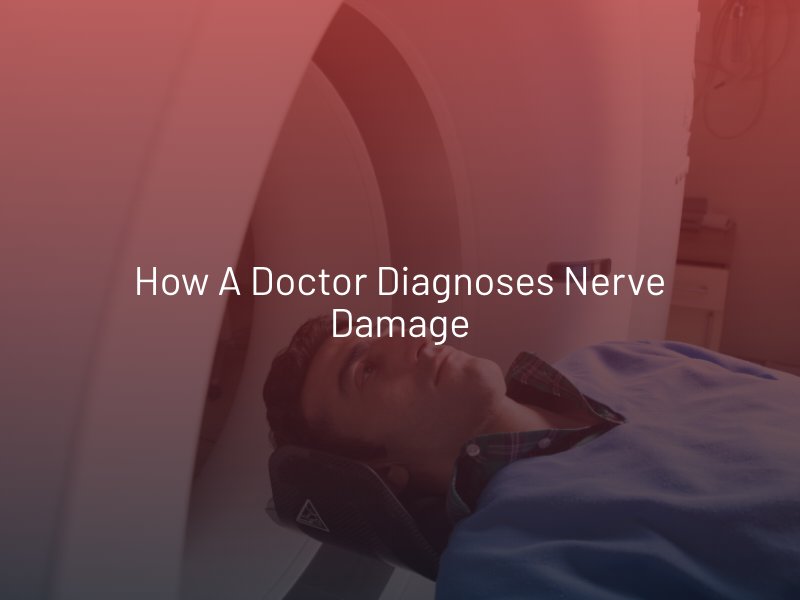How Do I Know If I Have Nerve Damage?
Nerve damage is a serious and often debilitating condition that can be caused by a car accident. If you experience any numbness, pain, or muscle weakness, it is crucial to seek medical attention as soon as possible.
Symptoms of Nerve Damage After a Car Accident
Nerve damage can manifest in several ways, and the symptoms often vary depending on which part of the body is affected. Here are some common signs:
Numbness and Tingling
One of the earliest and most common signs of nerve damage is a sensation of numbness or tingling in certain areas of the body. This may occur in your hands, feet, arms, or legs. Many people describe this feeling as “pins and needles.” Numbness may make it difficult to sense touch, heat, or cold in the affected area.
Sharp or Radiating Pain
Sharp, burning, or radiating pain may shoot down your arms or legs, especially if the nerves in your back or neck have been injured.
Muscle Weakness
Damaged nerves can disrupt the signals sent from your brain to your muscles, leading to muscle weakness. You may notice that you are unable to grip objects tightly or that your legs feel weak when standing or walking. Over time, untreated nerve damage can lead to muscle atrophy, where muscles shrink or waste away due to lack of use.
Loss of Coordination or Balance
If nerve damage affects your spine, legs, or feet, you may experience difficulty maintaining balance or coordination. This can cause frequent stumbling, trouble walking, or difficulty standing up from a seated position.
Increased Sensitivity
Some individuals develop heightened sensitivity to touch, a condition known as allodynia. This means that even light touches, such as clothing brushing against your skin, can cause pain or discomfort. Cold or heat exposure may also trigger painful sensations in affected areas.
Paralysis or Immobility
In severe cases, the affected area may experience partial or complete paralysis.
How a Doctor Diagnoses Nerve Damage
A doctor will typically perform a physical examination and review your symptoms to assess the extent of the damage. Additional diagnostic tests may include:

- Electromyography (EMG): This test measures the electrical activity in your muscles to determine if your nerves are functioning correctly.
- Nerve Conduction Study (NCS): This test evaluates how well your nerves transmit signals by using small electrical impulses.
- Imaging Tests: X-rays, MRIs, or CT scans may be used to check for physical injuries, such as herniated discs or broken bones, that could be causing nerve compression.
Treatment can vary depending on the extent and location of the nerve damage, but physical therapy and medications are common options. In some cases, surgery may be necessary to repair damaged nerves or relieve pressure caused by a herniated disc or bone fracture.
How a Car Accident Lawyer Can Help
Nerve damage often leads to high medical bills, lost wages, and ongoing treatment needs. A Las Vegas car accident attorney can help you pursue compensation for these costs, including your long-term needs if you suffer complications.
Your attorney will work with medical experts to establish the connection between your accident and the nerve damage. They’ll gather evidence, negotiate with insurance companies, and, if necessary, file a lawsuit to ensure you receive the compensation you deserve for your pain and suffering.


